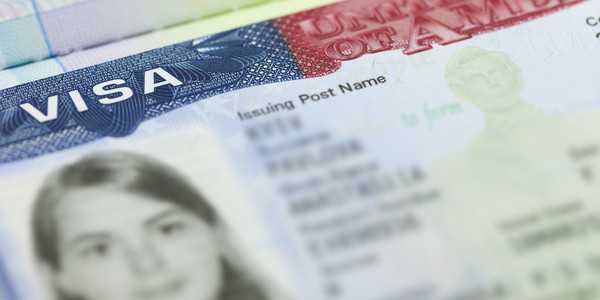While the debate over the future of the H1B work visa continues with President-elect Trump about to take office, it raises a question for skilled foreign workers who make the effort to obtain this much sought after visa:
Why do so many foreign nationals apply when there is only a 30% chance of being selected in the lottery?
At first glance, the obvious answer might appear to be simple: a greater range of opportunity for all foreign workers in the US than their own country. But the truth is the H1B visa program primarily serves a fairly narrow (but high paid) specialty occupation: the IT industry.
Is H1B Visa Reform by the Trump Administration Really a Major Issue for Industries in the US and Hopeful Foreign Workers?
When you drill down into the statistics, the vast majority of H1B visa are issued to one occupational area (technology) and one country (India). The large number of applications to the lottery each year are due to the fact that Indian IT workers can use their high-level education to earn many times more money in the US, and advance their career in the IT hotspot of Silicon Valley. This makes it worthwhile to take a chance on the lottery for a position, even if they are not selected, since the US sponsor pays the fees.
The IT industry is obviously important to the US, but the outcry over H1B visa reform may be exaggerated in its impact. Firms like Facebook, Microsoft and Google will all still recruit IT workers, and they may now have to assist with obtaining an immigrant work status or other visa types to avoid H1B restrictions. The IT outsourcing industry may disappear altogether, that but eliminates abuse of foreign workers which they should applaud.
Comparing Other Work Visa Programs Around the World
Other countries such as Canada, Australia, the UK and now even China are expanding their skilled work visa programs to support expanding economies, so it is likely that anyone in a specialty occupation can find a job abroad. Of course, the US has long been a primary destination for immigration and those seeking work opportunities, so it does have that historical appeal. Nonetheless, the new reality may be that those doors are beginning to close, and foreign workers may need to look in other countries.
A good example is the UK, where Google is about to embark on a significant expansion, hiring 3000 new employees. It is unlikely the skills needed for those positions are 100% available in the UK population, so there is an opportunity opening up right now. The key is to be proactive no matter which country you want to look for work.
The Bottom Line: US Immigration and Visa Law is Changing
No one likes change. Frequent readers of our blog and Facebook page are obviously concerned that a primary avenue for working in the US is being curtailed. The first thing to remember is that in any country a work visa is only a ‘permission’ to work, and not a right for non-citizens.
All countries have varying levels of visa qualification and restriction, and that is one way that countries control their borders. For those who want to work in the US, there are many ways to obtain an H1B even if the program changes, such as cap-exempt positions, F-1 students wanting to remain in the US and work, and H1B transfers from existing jobs.
We are always available to answer your questions about alternative ways to obtain an H1B visa, and encourage you to take the time now to use a creative and flexible approach to securing your dream job.
- May 19th, 2017
- 2

My Name be Pradeesh Samabarnayansan, I look to apply to H1B IN USA AND Thanks!